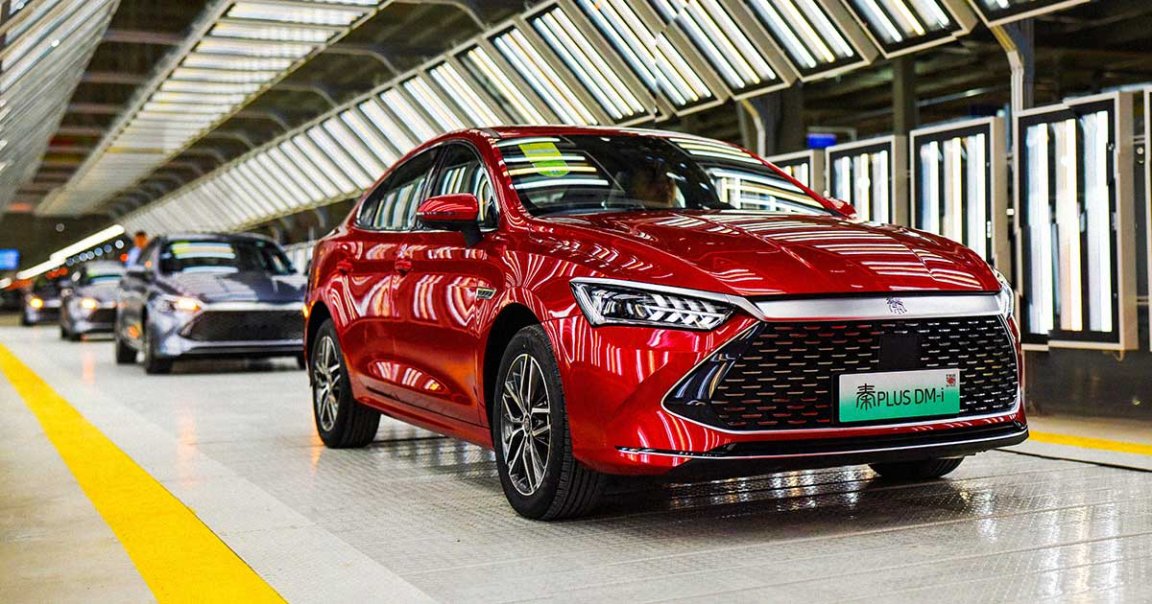
Warren Buffett-backed Chinese carmaker BYD has had a stellar year — and if the headlines of news outlets like the Financial Times and Axios are to be believed, the company just overtook Tesla as the world’s number one electric vehicle seller.
But a closer look at BYD’s company filings reveals that it isn’t nearly that cut and dried. Specifically, BYD is making strides on hybrid vehicles, but Tesla still has a significant upper hand when it comes to all-electric vehicle sales — which, realistically, is what most people are thinking of when they hear about “electric vehicles.”
BYD boosted sales by an incredible 325 percent so far this year compared to the same time period last year, selling 638,157 electric or plug-in hybrid passenger vehicles since the start of the year.
Meanwhile, Tesla delivered only 564,743 vehicles over the first two quarters of this year, as Axios reports, well short of BYD’s figures.
But that isn’t really be a fair comparison. Tesla isn’t in the business of selling plug-in hybrid passenger vehicles like BYD. The Elon Musk-led company has focused all its efforts on leapfrogging combustion engine technology by producing only all-electric vehicles.
That means, if we were to compare apples to apples, BYD sold 323,519 “battery electric vehicles” so far this year, meaning that Tesla is still selling almost twice as many BEVs as the Chinese manufacturer.
It’s not just a matter of semantics. In terms of production, there are notable differences between the two types of vehicles. A typical plugin battery is substantially smaller than an all-electric battery, sometimes at just a tenth the size.
That means the number of cells needed is also drastically different. And if there’s one thing we’ve learned, one of the biggest hurdles in producing purely electric vehicles is securing enough materials and production capacity to make these gigantic battery packs. The price of lithium is also skyrocketing right now, making it even more difficult.
In short, Tesla clearly still has the upper hand in terms of battery production on a global scale — despite COVID-19 related lockdowns and supply chain woes.
So while the headlines aren’t factually incorrect — plug-in hybrids are still technically electric, and can be a fuel efficient alternative to gas guzzlers — they’re also somewhat misleading.
Given BYD’s massive year-over-year growth, though, it’s clearly a company to keep an eye on.
READ MORE: Tesla is no longer the world’s largest EV producer [Axios]
More on Tesla: Glitch in 59,000 Teslas Fails to Call 911 When You Crash